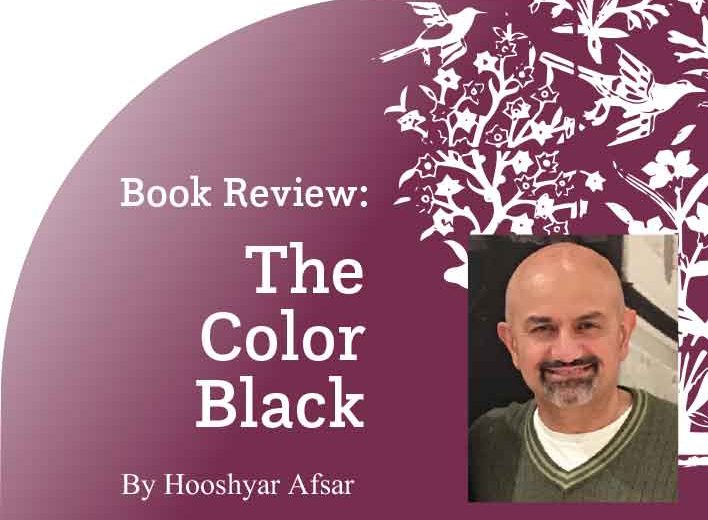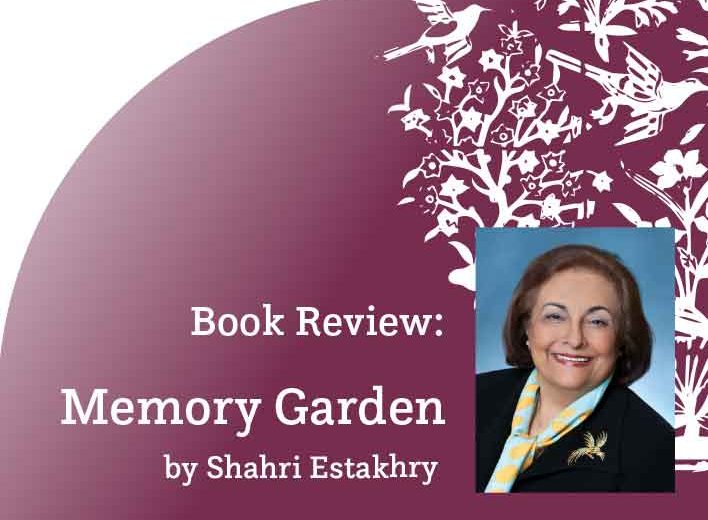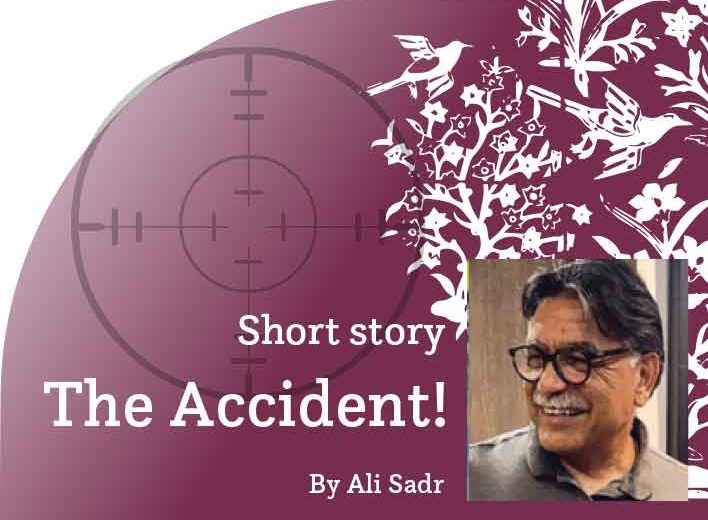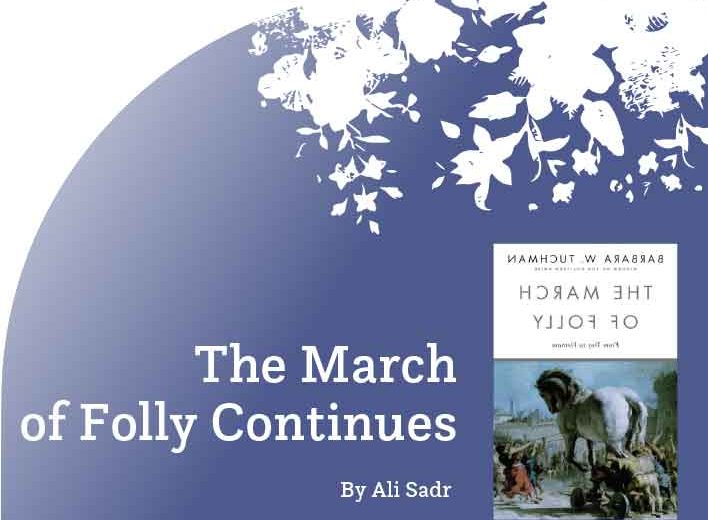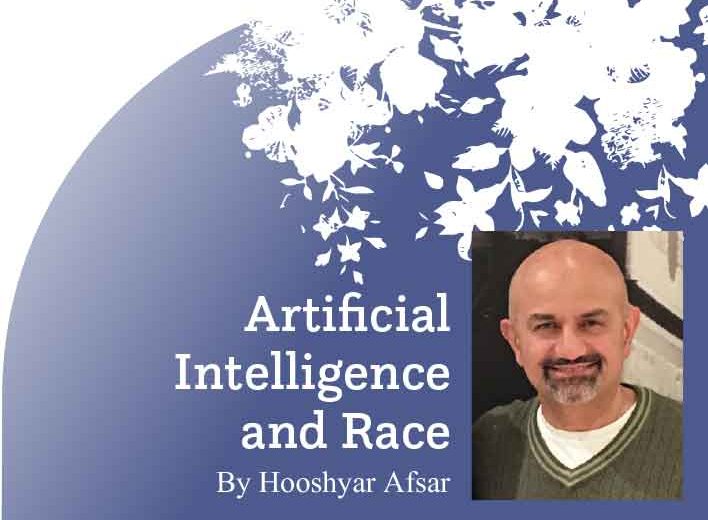By Ali Sahebalzamani

“Who was that?”
“Oh, that was Abbas, he said hi.”
“How is he?”
“He’s definitely not okay. He was trying real hard to sound like he’s ‘fine ‘n’ dandy’ – you know how they all are – but he’s not in a good place.”
“What’s the matter with him? Is he having trouble with his thesis?”
“His dad’s been laid off again. He’s still making money driving for an app, but that’s not nearly enough to make rent, so Abbas took the year off from school to work.”
“What’s he doing?”
“Works at a café.”
Why not work in his own field, she wants to ask, but swallows her question when she remembers what it was like last time we were home.
“Said he shows up at like seven in the morning; sets things up for when they open at eight thirty. And he stays there the whole day, gets home after midnight. Too exhausted even to read; can you imagine that? Abbas without a book in his hands?”
“Must be the end of the world… .”
“I asked him if he’s seeing anyone and he just said he couldn’t afford to, like it’s nothing. What do I say to that? You know how much a cup of coffee costs right now? Between twenty to forty Tomans; last time I ordered one in Tehran it was only nine or ten. Where am I supposed to go with a conversation like that?”
Apologize. Beg his forgiveness; beg them all to forgive you for not being there. Not that you could have done any good for any of them were you there right now, but at least you could have shared in their suffering, kept your conscience clear. That’s all you want, isn’t it? Well, it’s selfish either way; stay or leave: either be actively miserable, shoulder to shoulder, unsaddled with this boa constrictor strait jacket, or be passively miserable: keep quiet and just show your teeth in that standard issue SoCal smile when all you want to do is bite through this membrane of safety and go back – run and keep running, straight on home where it’s properly, unabashedly miserable. But I’ve never been much for running so I sit it out, all of it.
“Shamim said hi, too, by the way. We spoke yesterday. You know what she said to me? Said ‘you got out just in time’ and she’s right; it all went to hell right at our heels. I should be grateful that I’m not there, shouldn’t I?”
Or at least that’s what people keep telling me. And it’s always one of those people; the “build the wall” folks. Yes, those guys, exclusively, are the ones who have the gall to demand I feel a certain way. Yeah, you should be grateful; what for? That they were kind enough to let me in here? That I got upgraded from living in one of those countries to living in the “greatest country in the world?” What about you? Are you grateful to have been born here, free of charge?
But I ought to be grateful; for all intents and purposes I should be ecstatic at being cocooned in the reliable, lulling tedium of “normal life.” When that hashtag started trending on Farsi twitter I wanted to tear my teeth out. How dare they say that that is not normal! The audacity! To claim that I and everyone I love, through accident of birth, are condemned to abnormal life. And, groping at the monolith of longing that I have held inside me since day one, it felt like a personal insult; I would have to be insane to want to be back there, where life isn’t “normal.” I do want normal, don’t I? The sort of life that you can plan out beforehand, then carry out, step by step towards “success,” whatever that is. Well, “normal” doesn’t necessarily equal good, I find myself elaborating to anyone who stands still long enough for a conversation. I never knew normalcy is something one strives towards, never got enlightened to this wisdom; “it’s probably a cultural thing,” right?
“Oh, look at that.”
“What?”
“Pari has made a post on Instagram.”
“Tell me what’s it say. I left my phone upstairs.”
“Apparently she’d been waiting by the curb for her car to arrive when someone on a bike buzzes past her and grabs the phone straight out of her hand.”
“Same thing that happened to Hossein last week. And Sheema and Mohsen the week before that.”
“Yup. No two ways to nab a phone.”
“How are any of them going to put together enough cash to buy a new one? The other day at work it came up in conversation; you should’ve seen the look on Keith’s face when I told him back home no one sells phones in installments. You have no idea how hard it was to explain to him that that’s simply impossible to do in a situation like Iran; how paying for anything in installments necessitates stability. He just couldn’t imagine a scenario where that bare minimum of stability doesn’t exist. Know what he said? ‘Ridiculous,’ that’s all.”
Ridiculous, more so than the absence of stability, is yearning for that very absence; to yearn for the luxury of not having to plan out life, but to live it one day at a time, simply because you can’t afford to invest too much hope into any potential destiny. I find myself flinching away from the very thing I crossed literal oceans to possess. At first glance, stability looked to me like stagnancy, like something that infects you, makes you complacent, gets you addicted to an amount of comfort that is obscene and unnecessary. And there is a case to be made against all of that and against the instant gratification and cheap luxury rampant here, but that does not, in any way, vindicate the downward spiral of utter chaos that ravages Iran.
Iran; I-Ran. I wish they’d at least mispronounce it in a way that didn’t imply cowardice. Iran; the very name resonates with everything you could ever possibly want to run towards and away from, the bittersweet essence of so many centuries that have passed more or less the same way as this one.
Homesickness is not the sickness, but only one of its symptoms. Then again, to consider human selfishness a disease would be unkind to all of us, particularly those who follow the needle of their heart’s compass, which stubbornly points toward that place that was, and will forever after be, Home. That place where every step crunches down on the powdered bones of forebears who suffered and died in the love of that very soil which was, even then, saturated with the powdered bones of their forebears. A Ruba’i by Abu-Sa’eed Abulkhair comes to mind:
All across the moors of Khavaran, there is not a single stone
Which is not anointed by tears or heart’s blood;
Nowhere in the land, throughout all these leagues,
Can one find one whose heart is free from the sorrow of your love.


